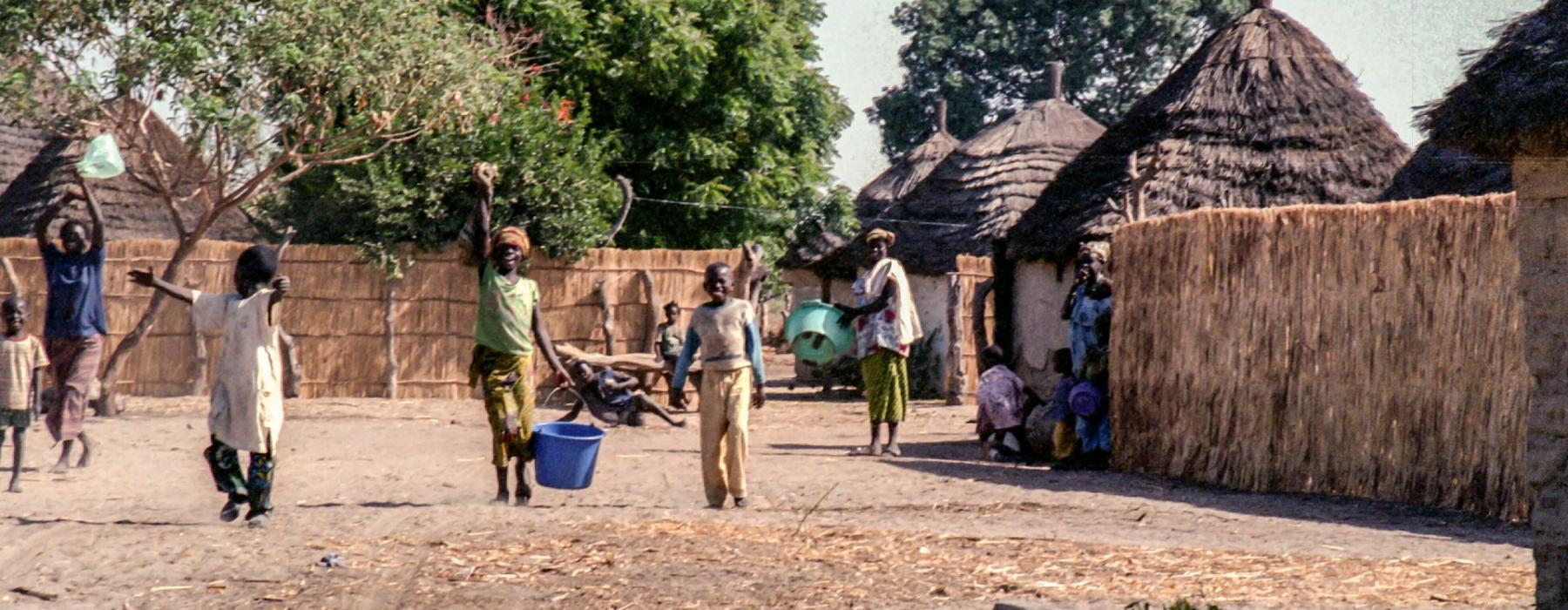
Oxfam
Photo by Wietse Jongsma on Unsplash
Oxfam is focused on the alleviation of global poverty. It was founded in Britain in 1942 by a group of Quakers, social activists and Oxford academics. Quaker values influenced the way the organisation conducted relief work from the outset: that it should be given on the basis of need, without regard for religion, nationality or ‘side’ in a conflict.
The group initially campaigned for food supplies to be sent through an allied naval blockade to starving women and children in enemy-occupied Greece during the Second World War. Quaker Edith Pye established national and regional Famine Relief Committees including the Oxford Committee for Famine Relief (Oxfam) to help fund those food supplies. In 1951, another Quaker, Leslie Kirkley, became General Secretary, beginning a 24-year term with the organisation that would transform it from a local charity to an aid agency with a global reach.
Quakers have continued to be involved at all levels in Oxfam. Friends in Aotearoa contribute as members, volunteers, and as donors.
Oxfam NZ has various key projects: